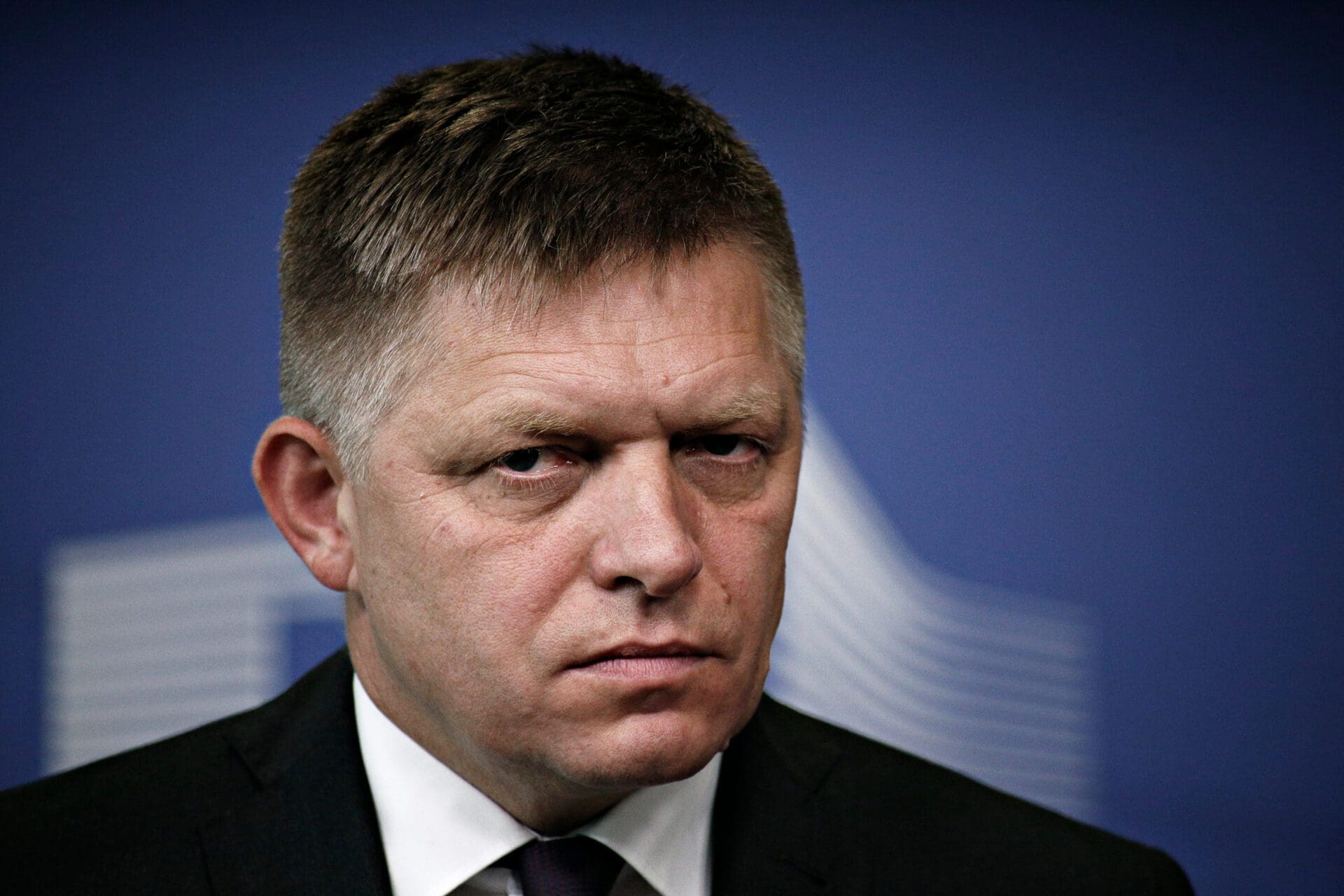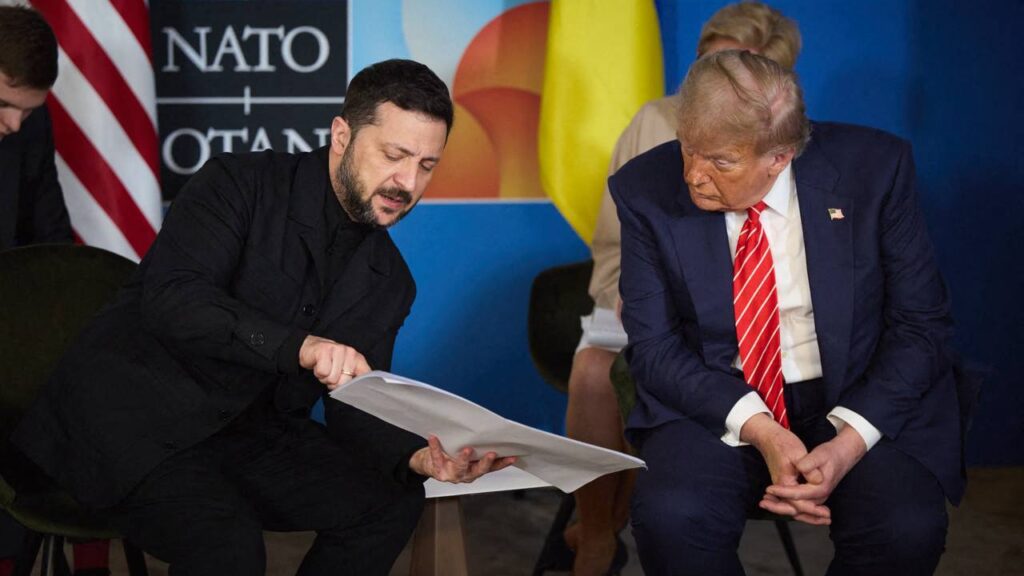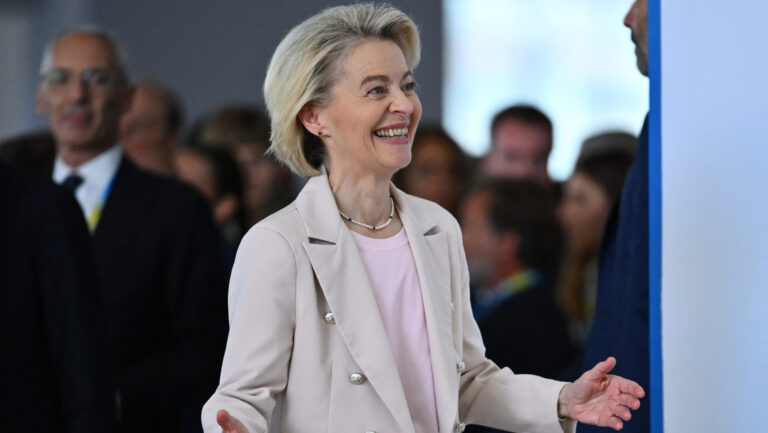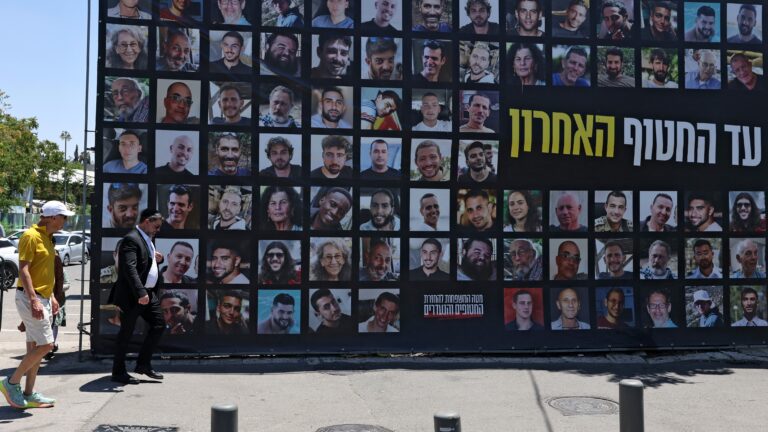Over the last couple of months opposition to Europe’s sanction policy has strengthened in both Slovakia and Czechia. In Slovakia, former prime minister and opposition leader Robert Fico emerged as the primary voice of opposing sanctions on Russia. He was vocal in criticizing Volodymyr Zelenskyy from the early days of the war and argued in a debate on television in late November that Slovakia should Ukraine should cut back on military and financial aid to Ukraine. Fico’s party, Smer strongly opposes the sanctions as well (especially the ones limiting energy imports from Russia) and argues that Slovakia should take a neutral stance in the war. In May, when Volodymyr Zelenskyy addressed the Slovak Parliament, Fico left the session in protest, accusing the Ukrainian President of ‘lying on a daily basis and harming the interests of Slovakia.’ More recently, after the former prime minister’s criticism of Zelensky and Europe’s sanctions policy were aired on public media,
several of the public broadcaster’s staff were fired for allegedly ’breaking impartiality rules’.
Now, however, as the Slovak government fell a couple of days ago (after losing a no-confidence vote in parliament), and early elections might be held during the spring, Fico may soon get a chance to put the popularity of his views to the test. Currently, Fico is the second most popular politician according to recent polls (behind Peter Pellegrini of the Voice – Social Democracy party), having rapidly recovered from record low approval ratings.
Similarly to the growing Slovak public resentment of the EU’s sanctions policy, opposition to the sanctions in Czechia is also on the rise. The Czech Republic First movement managed to mobilize tens of thousands of people in September to protest at the sanctions. The demonstration called for the resignation of the government, and for the reversal of the country’s stance on Ukraine to a neutral, non-interventionist position. As we reported at the time, the protest against the sanctions policy came only months after an equally important pro-Ukraine demonstration in the Czech Republic. While initially Czechs took to the streets to show solidarity with Ukraine, at the second mass demonstration
protesters declared that they did not wish to bear the cost of the war
and have their living standards reduced due to the decisions of unelected European politicians. At the end of November, the leader of Czech Republic First, Ladislav Vrabel protested with thousands of his followers outside the Czech public broadcaster’s headquarters demanding ten minutes of airtime to present his views. At the time of the first mass protests against sanctions in Prague, Czech Prime Minister Petr Fiala dismissed the demonstrations as ‘pro-Russian’ and
declared them to be against the interests of the Czech Republic.
Now that living standards have only further deteriorated and energy prices have risen even more since September, the Czech government’s response to the calls to reassess its sanction policy may be more sympathetic—unless it wants to share the faith of the Slovak government that went down at least partly due to its inability to tackle the economic costs of the sanctions.








